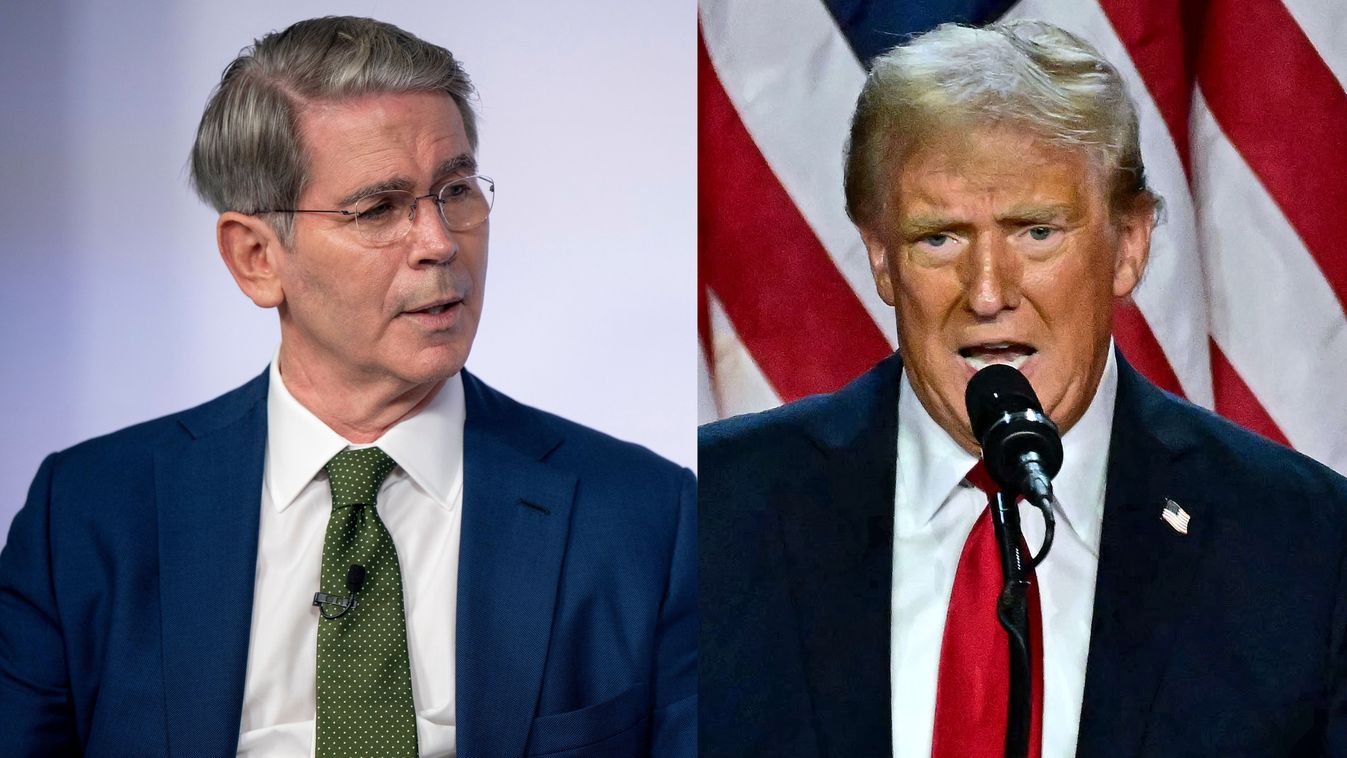késleltetett adatok
Weimar Europe?
There is widespread recognition that Europe needs substantial economic growth if it is to emerge from its debt woes. But German concerns about stability – founded on its catastrophic interwar experience – push in the opposite direction. As a consequence, Germany-bashing is now in fashion.
Germany’s critics make two points: the real European problem is the German current-account surplus, and Germans are perversely obsessed with their past.
The German current-account position is in fact a long-standing issue that predates the monetary union. By the 1960’s, Germany had emerged as the strongest and most dynamic European economy, owing to robust export performance. German current-account surpluses, driven primarily by positive trade balances, appeared briefly in the 1950’s, were corrected after a currency revaluation in 1961, and then re-emerged in surges in the late 1960’s, the late 1970’s, the late 1980’s, and again in the 2000’s.
If the resulting imbalances could not be financed and sustained, there was a need for adjustment. At regular intervals since the 1960’s, Germany’s European partners, notably France, faced the prospect of austerity and deflation in order to correct deficits. This alternative was unattractive to the French political elite, because it constrained growth and guaranteed electoral unpopularity.
The French (and the other Mediterranean countries) preferred German monetary and fiscal expansion, which would attenuate Germany’s strong export orientation. But this course was always unpopular with Germans, who, given the interwar legacy, worried about inflation and its implications.
German policymakers thought that the issue would disappear with the monetary union’s launch, on the grounds that no one in the United States worries about a Californian boom that produces the equivalent of current-account surpluses (if anyone bothered to measure them). Nobody tells Californians to relax and go to the beach when times are good.
The second criticism, repeatedly voiced by the Nobel laureate economist Paul Krugman, is that the supposed German history lesson is chronologically false. It was not the famous hyperinflation of the early 1920’s that destroyed Germany’s fragile Weimar Republic and gave rise to the Nazi dictatorship. Rather, democracy was killed a decade later by depression and deflation.
This contemporary criticism misses an important element of the German policy predicament of the early 1930’s. By the Great Depression, Germany was already trapped, owing to previous bad choices. It is precisely that lesson which is deeply engrained in German political consciousness.
Germans are right to notice the parallels between conditions in Europe today and those in the interwar period. The similarities consist in the implications of the choice of currency regime for political behavior and democratic legitimacy.
At the end of its hyperinflation, Germany locked itself into a currency regime, the international gold standard, which was deliberately designed to be so limiting that exit was impossible. The anticipated consequence was that the country would appear credible and become attractive to foreign capital.
As the strategy worked, capital inflows sparked both public-sector and private-sector booms. Governments at all levels funded politically attractive but expensive infrastructure projects.
But there was a downside. The boom’s vigor, coupled with prior experience of inflation, led to wage increases that were not matched by productivity gains. As a result, Weimar Germany lost competitiveness in the late 1920’s, in the same way that Southern Europe did in the 2000’s. In both cases, it was clear that the capital inflows could not continue forever, and weakening competiveness brought the end forward.
When the reversal came, Germany was trapped. As foreigners and Germans alike withdrew deposits, banks were driven into insolvency and forced to liquidate their assets at very fire-sale prices. The government had to prop up failed banks; but it could fund deficits only by borrowing from the banks. Given its commitment to the fixed exchange rate of the gold standard, that meant that it had to impose ever more unpopular austerity measures.
Given all of these constraints, there was no easy way out. The path immediately adopted in the wake of the 1931 banking crisis was to impose capital controls.
The crisis was a defeat for democracy. The democratic parties’ obvious response was to flee from political responsibility during the period of the greatest economic hardship. The Weimar Republic’s last fully parliamentary government had already collapsed in March 1930 under the political weight of an impossible fiscal dilemma. Spending cuts alienated the left; tax increases angered the right.
Democratic parties acquiesced in the use of the constitution’s emergency provisions to bypass parliament and enact legislation in the form of decrees. In this way, democracy was already substantially eroded before the appointment of Adolf Hitler as Chancellor in January 1933.
Banking and budget problems, fiscal constraints, and the emergence of “non-political” technocratic governments: all are horribly familiar to Germans with a sense of the past. The negative lesson of the interwar experience – that piling up more fiscal liabilities does not solve the problem – is already apparent in today’s Europe. But there is a positive lesson to be drawn as well: the possibility of an international order that supports rather than undermines democratic regimes at the moment when they take unpopular measures.
That was the lesson drawn from Weimar by Konrad Adenauer, Germany’s first post-war Chancellor, and a man who – as mayor of one of Germany’s high-spending cities in the 1920’s – had seen the German catastrophe up close. Now, as then, Europe – a community of shared values – is needed to maintain democracy in nation-states threatened by economic breakdown.
Copyright: Project Syndicate, 2012.
www.project-syndicate.org

Portfóliónk minőségi tartalmat jelent minden olvasó számára. Egyedülálló elérést, országos lefedettséget és változatos megjelenési lehetőséget biztosít. Folyamatosan keressük az új irányokat és fejlődési lehetőségeket. Ez jövőnk záloga.






















